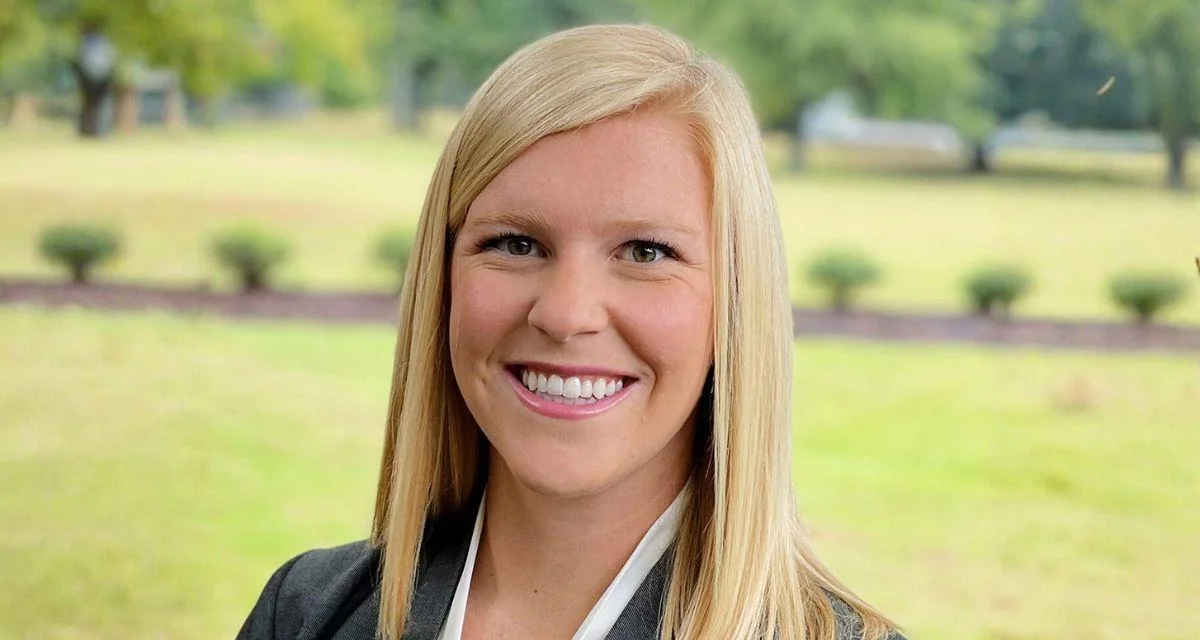On June 12, 2025, Air India Flight 171, a Boeing 787 Dreamliner, crashed into the hostel block of B.J. Medical College in Ahmedabad just 40 seconds after takeoff. The accident resulted in the deaths of 260 people and left dozens injured. This was the first fatal crash involving Boeing’s Dreamliner aircraft.
Initial reports indicated that pilot error might have caused the disaster, specifically suggesting that the pilots may have mistakenly shut off the aircraft’s fuel supply. However, attorney Mike Andrews from Beasley Allen, who represents more than 100 families of victims, has presented evidence pointing to a technical failure as the primary cause.
Andrews’ investigation is based on whistleblower statements and recent U.S. safety advisories. He proposes that a leak in the potable water system inside the plane allowed water to seep into an electronics bay beneath the cockpit. According to Andrews:
"Water intrusion from faulty or poorly installed waterline couplings may have seeped into the electronics bay beneath the cockpit.
This could have caused a short circuit in critical electrical systems, triggering an automatic shutdown of both engines’ fuel control switches.
The result: a sudden, total loss of thrust — leaving the crew with no chance to recover."
Support for this theory increased after the U.S. Federal Aviation Administration (FAA) issued an airworthiness directive in May 2025—just weeks before the crash—warning that some Boeing 787s were at risk for water leaks leading to electrical failures affecting flight-critical systems.
If this explanation is confirmed by investigators, it would clear Captain Sumeet Sabharwal and First Officer Clive Kunder of responsibility for the accident and suggest that Boeing may have known about these risks prior to the incident but did not ensure timely repairs across its fleet. Establishing negligence could also affect compensation claims pursued by victims' families in U.S. courts.
Mike Andrews has filed Freedom of Information Act requests seeking access to flight data and cockpit voice recorders from Flight 171. He emphasized: "the families deserve full transparency — and that blaming the pilots without all the evidence is 'unjust to the dead' and their loved ones."
Andrews has previously represented families affected by major air disasters such as those involving Boeing’s 737 Max 8 aircraft. His stated mission remains consistent: uncovering facts behind aviation tragedies, holding responsible parties accountable, and advocating for changes to improve airline safety standards.

